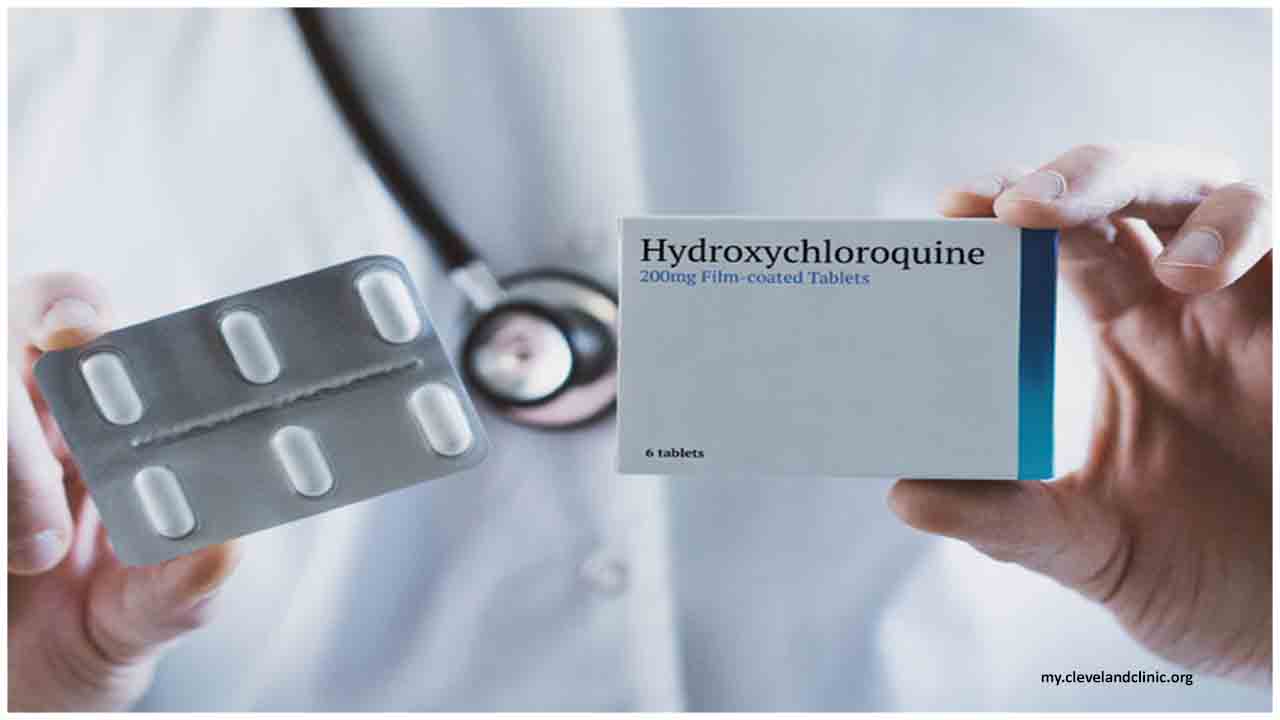Taking hydroxychloroquine not long after being presented to COVID-19 doesn't help forestall disease in a measurably important manner, researchers revealed Wednesday following a clinical preliminary.
The medication has been touted by US President Donald Trump, who has said he utilized it as a prophylaxis against the novel coronavirus.
Be that as it may, a test including 821 individuals over the United States and Canada demonstrated it didn't work altogether superior to a fake treatment for this reason.
The investigation was driven by a group at the University of Minnesota, and their paper was distributed in the New England Journal of Medicine.
Analysts selected grown-ups who had come into contact with somebody who had an affirmed instance of COVID-19 for over 10 minutes a good ways off of six feet (around two meters) or less.
Most of them - 719 - were esteemed to have had a "high-hazard" presentation since they wore neither a face veil nor an eye shield at that point, while the rest were "moderate-chance" since they secured their face yet didn't have goggles.
All members were arbitrarily allocated to get either hydroxychloroquine - which is confirmed for use against intestinal sickness, rheumatoid joint inflammation, and lupus - or fake treatment, inside four days.
The scientists at that point took a gander at what number of patients proceeded to create COVID-19 throughout the following fourteen days, which was affirmed either by a research facility test or by clinical signs.
They found that 49 of the 414 given the medication got the sickness brought about by the coronavirus, contrasted with 58 of the 407 on the fake treatment.
This means 11.83 percent on the medication were tainted, versus 14.25 percent on the fake treatment.
The supreme contrast of about 2.4 rate focuses for the medication was not viewed as measurably critical given the example size, which means it could have happened due to risk.
Symptoms were more typical with hydroxychloroquine than with the fake treatment - 40.1 percent versus 16.8 percent - yet no genuine unfriendly responses were accounted for.
"This randomized preliminary didn't exhibit a noteworthy advantage of hydroxychloroquine as postexposure prophylaxis for COVID-19," composed the creators.
The consequences of the examination were anxiously anticipated in light of the fact that it was a randomized controlled preliminary (RCT), a deliberately planned trial that is viewed as the best quality level for researching clinical results.
A few past investigations on the medication that have stood out as truly newsworthy were "observational," which means they glanced back at what had just occurred. Thusly, more factors are left to possibility and it is commonly harder to make firm determinations.
By and by, Martin Landray, an educator of medication and the study of disease transmission at the University of Oxford, said more research was had to know without a doubt whether hydroxychloroquine may have a tolerably constructive outcome.
"The investigation is too little to possibly be complete," said Landray, who was not associated with the preliminary.
The outcomes "make it impossible that there is a huge impact (for example a splitting in the danger of contamination) yet can't preclude a progressively unobtrusive contrast (for example a decrease of one-quarter or 33%) which would at present be entirely significant," he included.
The United States recorded 919 coronavirus deaths in the past 24 hours, bringing the total to 107,099, according to the latest real-time tally Wednesday reported by Johns Hopkins University.
The country -- hardest hit by the pandemic in terms of the number of fatalities -- has now confirmed nearly 1.85 million cases, the Baltimore-based school reported at 8:30 pm Wednesday (0030 GMT Thursday).

 The medicine has been touted by US President Donald Trump, who has said he used it as a prophylaxis against the novel coronavirus.
The medicine has been touted by US President Donald Trump, who has said he used it as a prophylaxis against the novel coronavirus.







.jpeg)




.jpeg)






.jpeg)









.jpg)


.jpg)
